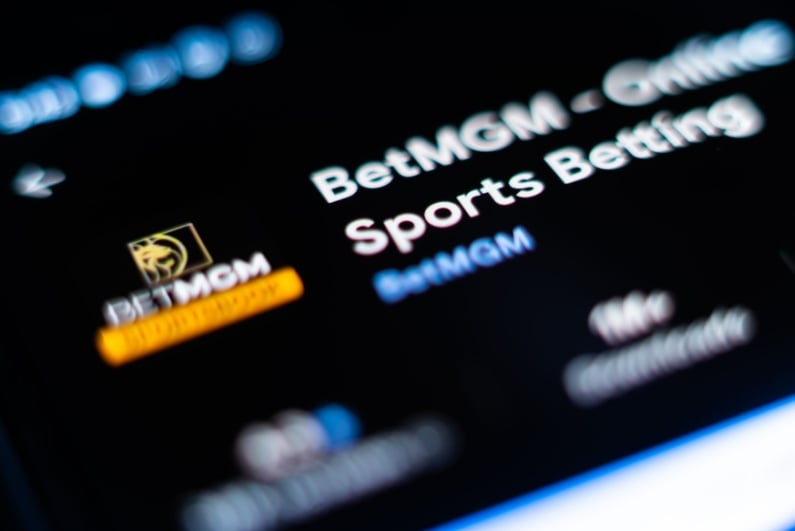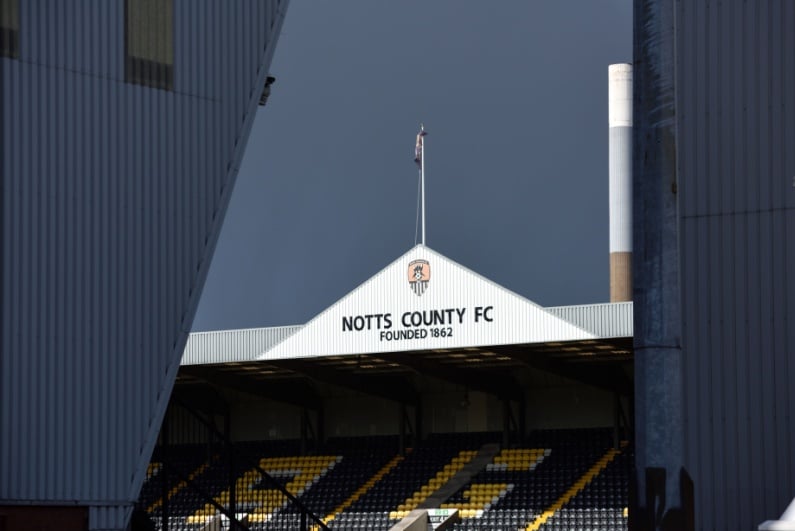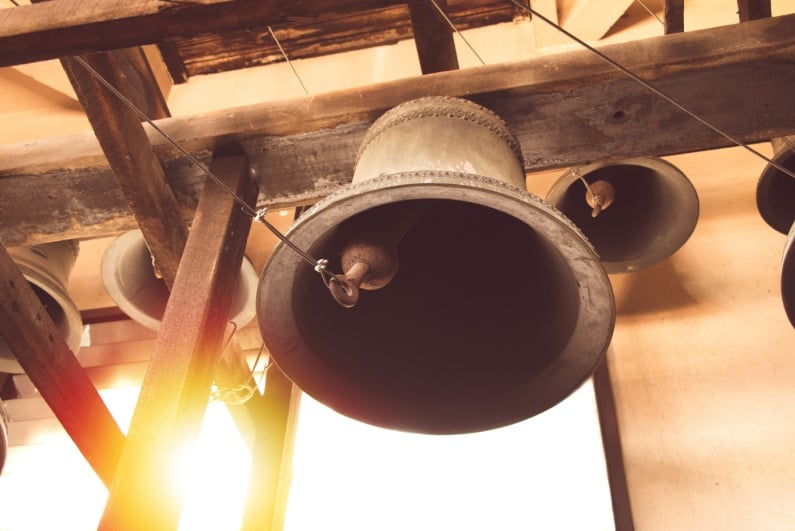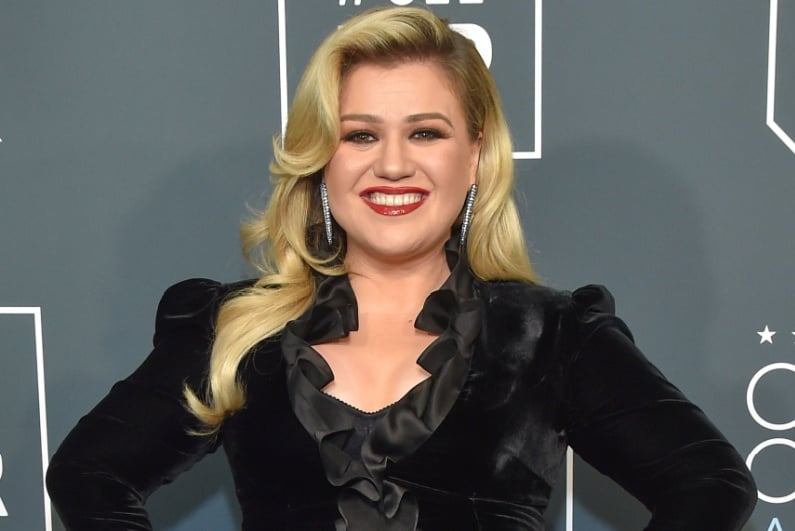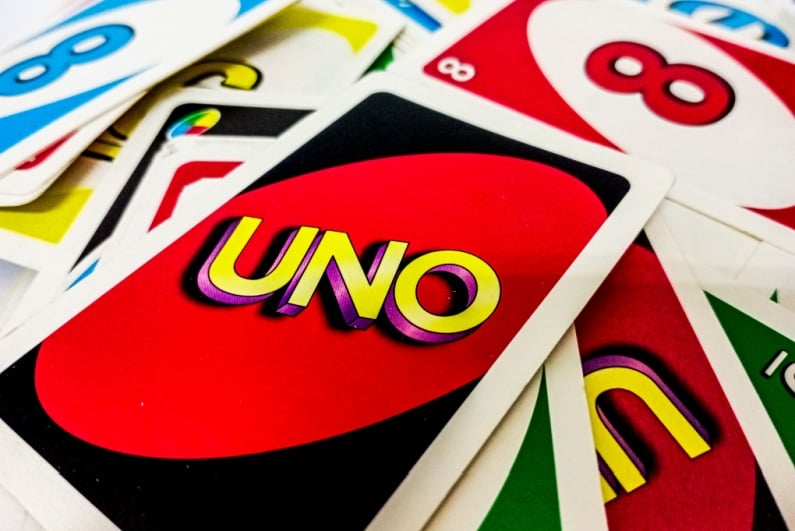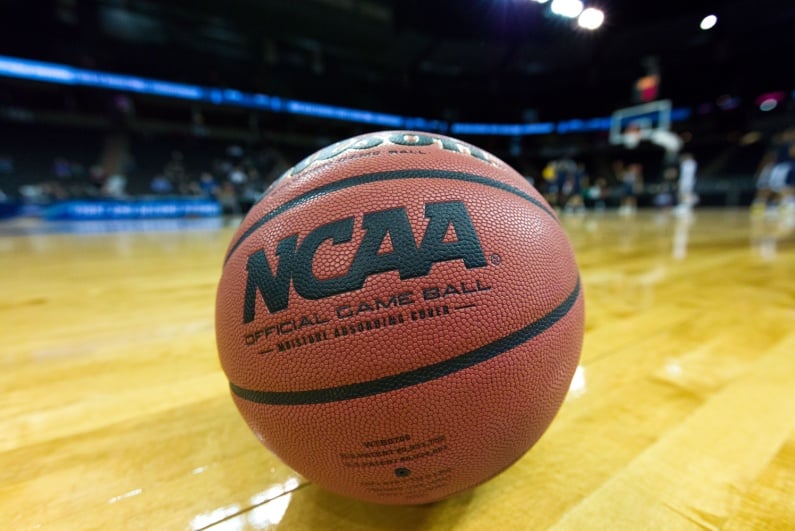
Top News Stories
Casino News
Crime
Most viewed articles
- David Lappin: The Problem With William Kassouf
- Margets, Mizrachi, Hendrix and Hallaert Aiming for the Sky as WSOP Main Event Final Table Set
- Japanese Poker Player Reported Missing Along With $10k WSOP Buy-In Cash
- Next Station on Elon Musk’s Las Vegas Loop Will Be Harry Reid International Airport
- Caesars Entertainment Laying Off Significant Number of Workers, Rumors Suggest
- Dara O’Kearney: Tales From the WSOP 2025 Part 5
- Will Kassouf Denies Irish Open Chip Theft Accusations on Doug Polk’s Podcast
- FanDuel Changes T&Cs After Tipster’s $11 MLB Parlay Wins $2.2m for Subscribers
- Rio Las Vegas Calls Timeout on $500 Free Play Promo After Monster Queues
- Chickasaw Lighthorse Police Hunt Suspect in Fatal Oklahoma Casino Shooting

